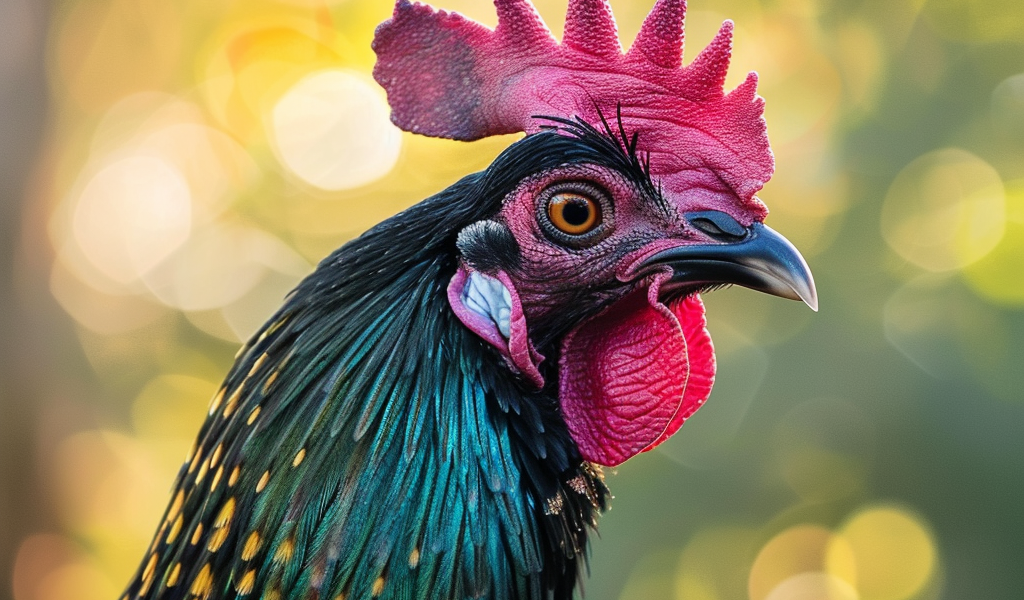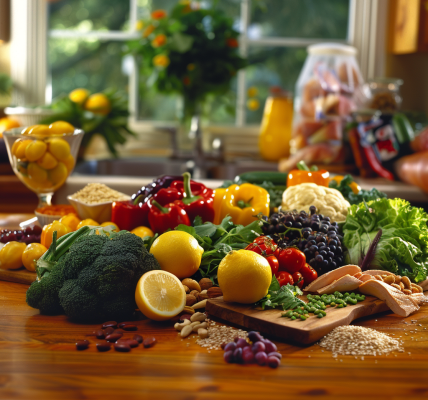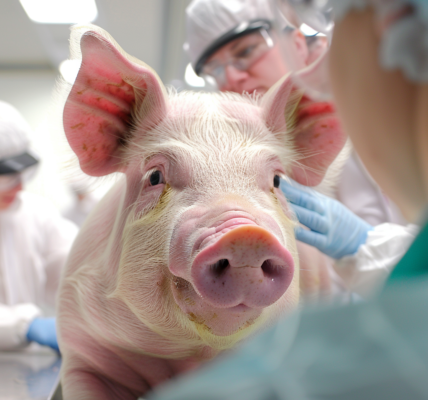South Africa has issued a call for the vaccination of poultry against highly pathogenic avian influenza (HPAI) as concerns over potential outbreaks loom. Despite a recent decrease in HPAI cases in South African poultry, the country remains cautious as it enters the winter season.
During the previous disease season, the South African Poultry Association reported significant losses, with 10 million poultry falling victim to the disease, leading to devastating consequences for many small farmers. The outbreak, which affected poultry with the H5N1 and H7N6 virus serotypes, highlighted a gap in vaccine development, leaving the country’s poultry producers vulnerable to future outbreaks.
While vaccines exist for the H5 virus family, there is currently no vaccine to safeguard poultry against H7 variants. The national government has imposed strict biosecurity standards for producers looking to initiate vaccination programs, posing challenges for smaller producers. Additionally, difficulties in obtaining compensation for culled healthy poultry further discourage reporting of ill-health signs in birds.
Since the first HPAI cases in South African poultry in April 2023, a total of 144 outbreaks have been confirmed, affecting over 13.1 million birds. The latest outbreak in South Africa’s Northwest region involved the H7N6 virus variant, indicating ongoing risks despite fewer outbreaks in 2024.
Meanwhile, in Gabon, the presence of the H5N1 HPAI virus serotype has been detected in surveillance samples collected at a poultry market in Libreville. The source of the virus remains unknown, marking the return of the virus to Gabon after a hiatus of over two years.
The latest findings underscore the persistent threat of avian influenza in both South Africa and Gabon, highlighting the importance of vigilance and proactive measures to safeguard poultry populations.





